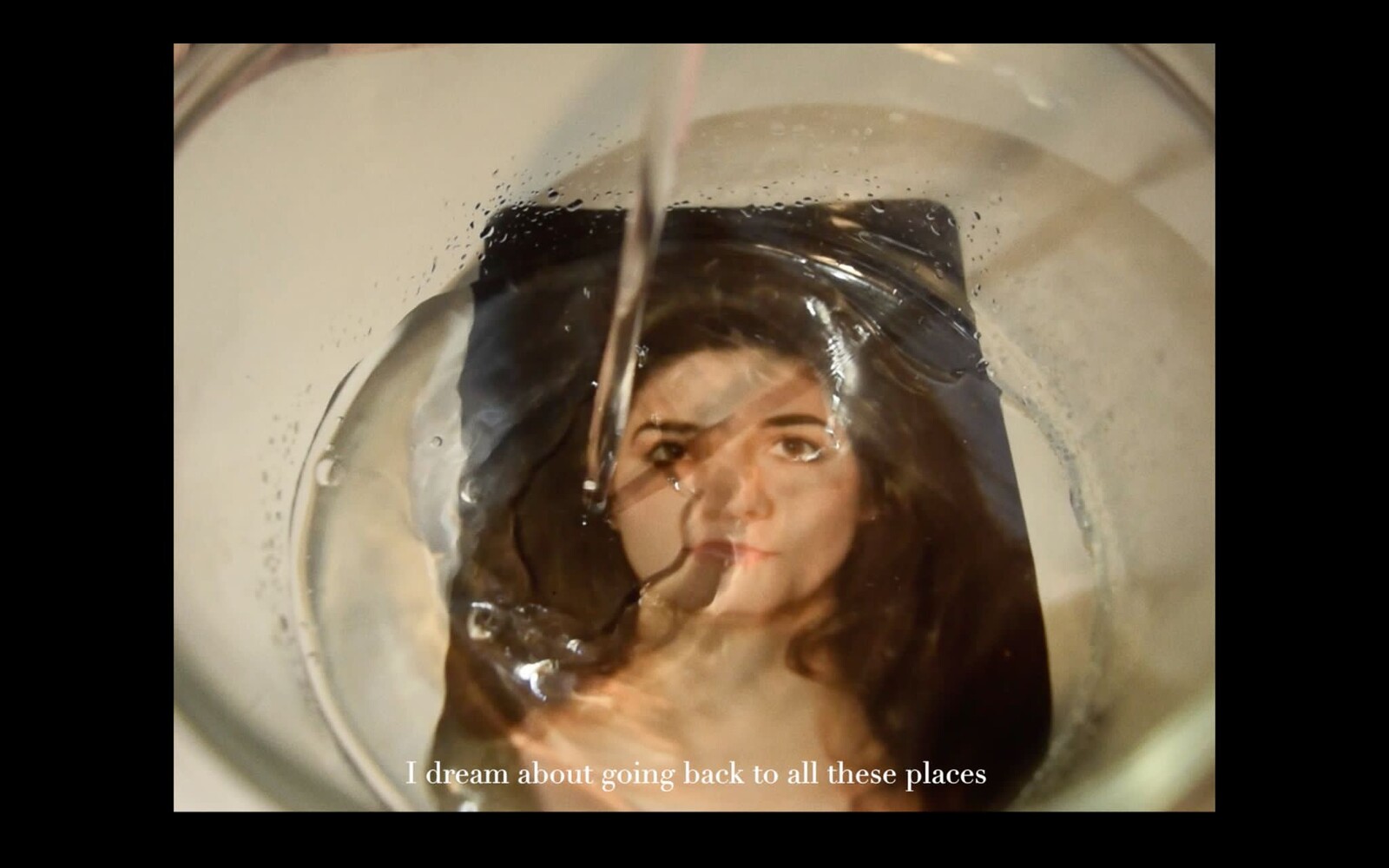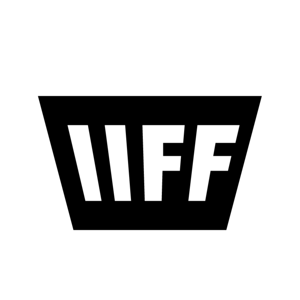Independent Iraqi Film Festival back for second year with free, online programme
October 1–7, 2021
Independent Iraqi Film Festival back for second year with free, online programme.
From October 1–7, 2021, we are proud to present the second iteration of Iraq’s independent film festival. Iraqi Independent Film Festival (IIFF) is a community-driven platform dedicated to supporting films from and about Iraq, facilitated by four Iraqis volunteers working in the creative industry.
The seven-day festival is online and free, featuring shorts programmes, feature films and Q&As. It can be viewed worldwide, with English subtitles. Sharing the most exciting work by emerging and established Iraqi filmmakers, our aim is to showcase the diversity and resilience of our people, as well as the breadth of our culture to a global audience.
With over 90 submissions from Iraqi filmmakers, our programme aims to empower directors, actors, screenwriters, producers, designers, sound artists and other creatives to tell their stories. Last year, we reached an online audience of over 5,000 people worldwide, and hosted the UK premiere of Samir’s Baghdad in My Shadow (2019) at Curzon, Soho.
What films to expect this year?
Our festival opens with Khalid Alzhraou’s cult classic Tonight, Next Week (2009), which takes the film industry in Iraq as its subject. At its peak, Iraq had more than 80 cinemas and produced over 100 feature films. Today Iraq has lost the majority of its cinemas and with most of its original film prints missing, this film questions: how will the culture of cinema continue to survive? Our festival closes with Koutaiba al Janabi’s Leaving Baghdad (2010), a moving drama distributed by Berlin’s mec film. With footage shot by fictional Sadik, Koutaiba Al-Janabi weaves real footage from Saddam Hussein’s now accessible archive into his classic documentary style.
Our festival highlights the voices of those marginalised voices in the country. We will be screening Balanja (2015) by Ali Raheem, the founder of leading Iraqi film production company, Sumerian Dreams. This rarely-screened documentary amplifies Kurdish voices, as we join four people from Kurdistan as they strive to save their town from the hardship and bitterness of the past. We are also screening Iraqi Women: Voices From Exile (1994) by Iraqi auteur Maysoon Pachachi, which brings the voices of Iraqi women to the forefront of political struggle.
We have programmed three shorts strands this year, which amplify the most exciting emerging filmmakers from Iraq and the diaspora, and those trailblazing the wider visual arts:
Diasporic Voices: Iraq From a Distance features four films from Iraqis in the Western diaspora, including Return (2014) by veteran visual artist Michael Rakowitz. From comedy to nostalgia, these films construct Iraq from the memory of exile, envisioning a home from afar, or a home that no longer exists at all. This strand also includes work by Ja’far Abd Alhamid, Noor Gaith and Saif Alsaegh.
Home Videos: Experimenting with the Archive platforms moving-image and video work by Iraqi visual artists, who use experimental techniques to represent their stories. With previous screenings at the Venice Biennale, MoMA and The Showroom, Kurdish artist Sherko Abbas joins us with his video Paper Puppet Testimony, which reconstructs the Kurdish uprising of 1991, an event that continues to be an important historical event for all Kurdish people. This strand also includes work by Shamiran Istifan and Ali Kamel.
On The Ground: Stories From Inside Iraq highlights emerging voices from inside Iraq. With guerilla filmmaking techniques and highly captivating images, Mounir Salah, Alia Hassan, Heba Bassem and Karrar Al Azzawi show us Iraq as it exists today, with a raw and vital force.
Q&As
In addition to four feature films and three short strands, we will host three Q&As with leading voices in the Iraqi film industry:
Róisín Tapponi hosts a discussion with Michael Rakowitz, Iraq’s most famous contemporary visual artist.
Based in Chicago, Rakowitz’s work has appeared in venues worldwide including dOCUMENTA (13), P.S.1, MoMA, Palais de Tokyo, the 16th Biennale of Sydney, the 10th and 14th Istanbul Biennials and Sharjah Biennial 8. He has had solo exhibitions with Tate Modern, Lombard Freid Gallery, and numerous more. He is the recipient of the 2020 Nasher Prize; the 2018 Herb Alpert Award in the Arts; a 2012 Tiffany Foundation Award; a Sharjah Biennial Jury Award; the 2002 Design 21 Grand Prix from UNESCO and many more. He was awarded the Fourth Plinth commission (2018–2020) in London’s Trafalgar Square. From 2019–2020, a survey of Rakowitz’s work traveled from Whitechapel Gallery in London, to the Jameel Arts Centre in Dubai. Rakowitz is Professor of Art Theory and Practice at Northwestern University.
Shahnaz Dulaimy hosts a discussion with actress Zahraa Ghandour, who is the most famous and in-demand Iraqi actress working right now.
Zahraa Ghandour’s first leading role was Mohammed al Daradji’s The Journey, which premiered at TIFF in 2017 and represented Iraq in nominations in the foreign feature category at the 2019 Academy Awards. More recently, she starred in Samir’s Baghdad in My Shadow (2019). In parallel, she is working on a number of acting projects for television, which included the Channel 4 series Baghdad Central.
Israa Al-Kamali hosts a discussion with Iraqi set designer Mohammed Khalid about set design.
Who are we?
Róisín Tapponi is the founder of Habibi Collective, a platform for women’s cinema from South-West Asia and North Africa (SWANA). She is the founder and CEO of Shasha, the world’s first streaming service for SWANA cinema. Tapponi has curated films at numerous institutions including MoMA; Sharjah Art Foundation and festivals and independent spaces across the world. She has led industry masterclasses at Locarno Film Festival, CPH:DOX and Sheffield Doc Fest; and has been on the Jury for many festivals, most recently Open City Documentary Festival (2021). She has lectured on SWANA cinema at leading institutions including Oxford University, University College London (UCL), UC Berkeley and Northwestern University. She is also an independent curator, writer at Frieze Magazine, founder and Editor-in-Chief of ART WORK Magazine and a PhD student.
Tapponi is the co-founder and Programmer of IIFF.
Shahnaz Dulaimy is a feature film editor and the first Avid Certified Editor in the Middle East. She began her editing career by working on multi-award winning productions including the Oscar nominated film Theeb by Naji Abu Nowar, and Annemarie Jacir’s When I Saw You. Most recently, she has been working alongside the Oscar nominated director Basil Khalil on his first feature length film A Gaza Weekend. Aside from editing, Shahnaz is also a member of Habibi Collective. Dulaimy is the co-founder and Designer of IIFF.
Israa Al-Kamali is the co-founder and Social Media Manager of IIFF. Al-Kamali is an LA and Qatar-based Iraqi filmmaker, screenwriter, and poet. She explores cultural and social issues through her writing and filmmaking. Her poetry, which she performed in various events and platforms, explores themes of displacement and language deconstruction. Her recent piece, Different is Tonight, was published in an E-book titled Together Apart by Hamad bin Khalifa University which served as a collection of human experiences during the pandemic. Israa is currently working on her feature-length film while pursuing her MFA in Filmmaking at New York Film Academy (LA).
Israa al-Kamali is the co-founder and Social Media Manager of IIFF.
Contact
If you have any further questions on the festival, please do not hesitate to contact us: hello [at] iiffestival.com
To keep up to date with the festival, follow IIFF on Instagram, Twitter and Facebook.



